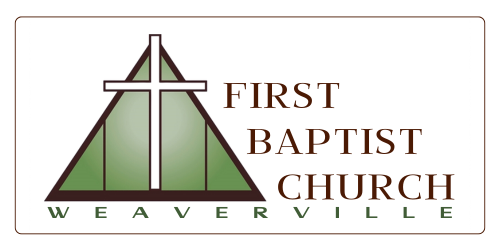Creation Care - helping bees helps us
Bees are vital to a healthy environment and stable food supplies. Perfectly adapted to pollinate a variety of foods and flowers, they transfer pollen from one flowering plant to another. Thanks largely to bees, we can enjoy a range of foods from apples and pears to vanilla and coffee. Of course, honeybees also provide honey, a natural sweetener with many health benefits. Bees pollinate a variety of flowers, trees, and shrubs. And if you are wearing cotton, that’s because the cotton plants those threads came from were pollinated.
A few weeks ago we thought about the importance of creating a good environment for various pollinators, including bees. Unlike honeybees and bumblebees, which live in colonies, solitary bees create individual nests. There are bees that build nests in the ground, and bees that nest in holes in dead wood, banks, and walls.
The graph on the left shows some specific ways to provide year-round protection for bees that make their homes in the stems of plants.
Pollinators play a crucial role in the fruiting and breeding of plants. This in turn helps to preserve our native flora and provides food and habitats for many creatures. So the health of our natural ecosystems is linked to thriving populations of bees and other pollinators. Please consider taking an active role in the "bee cause."
— Janice
“The bee is more honored than other animals, not because she labors, but because she labors for others.” -- St. John Chrysostom

